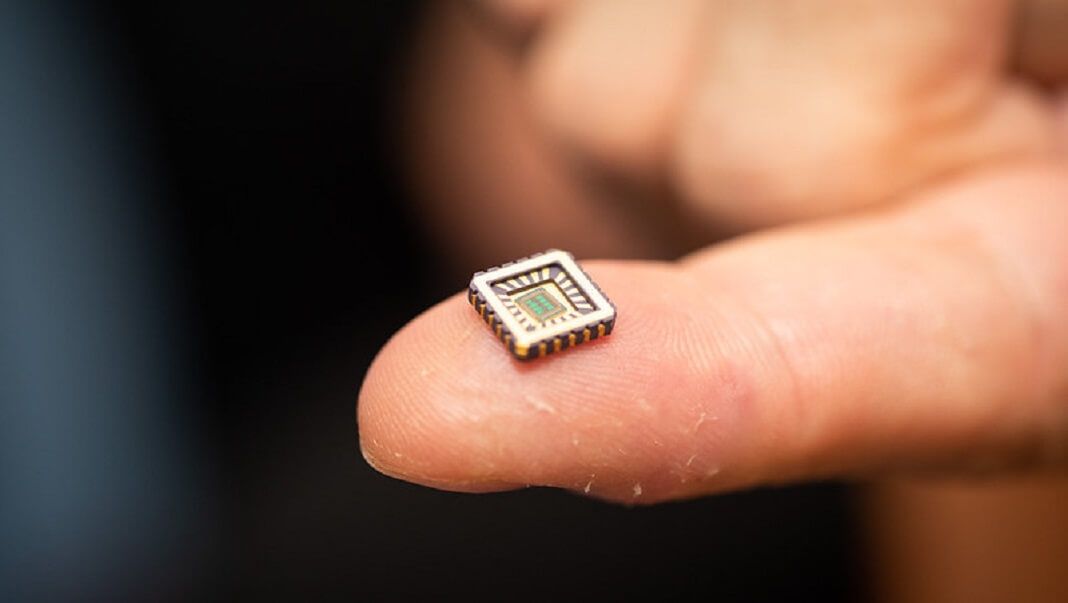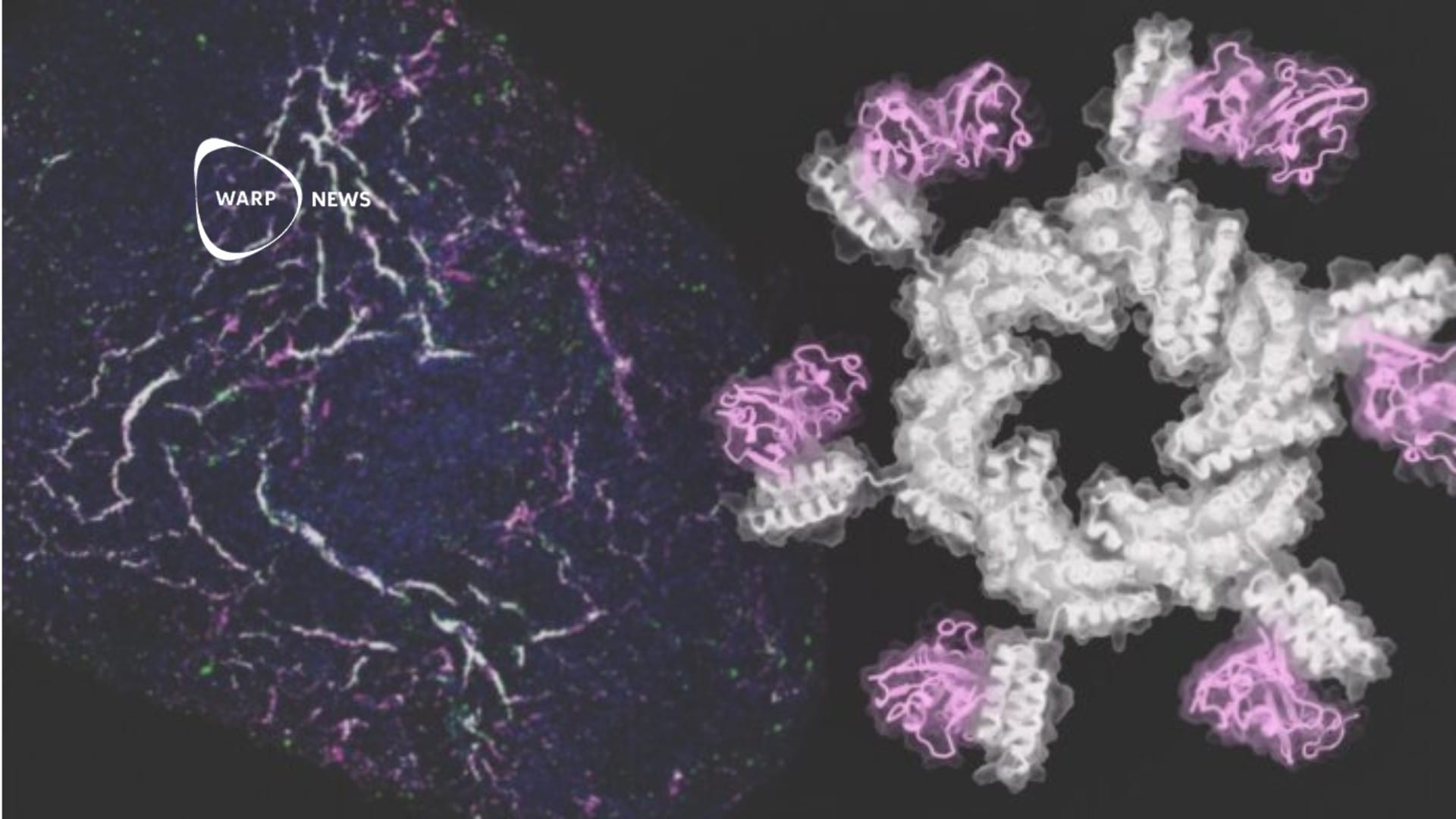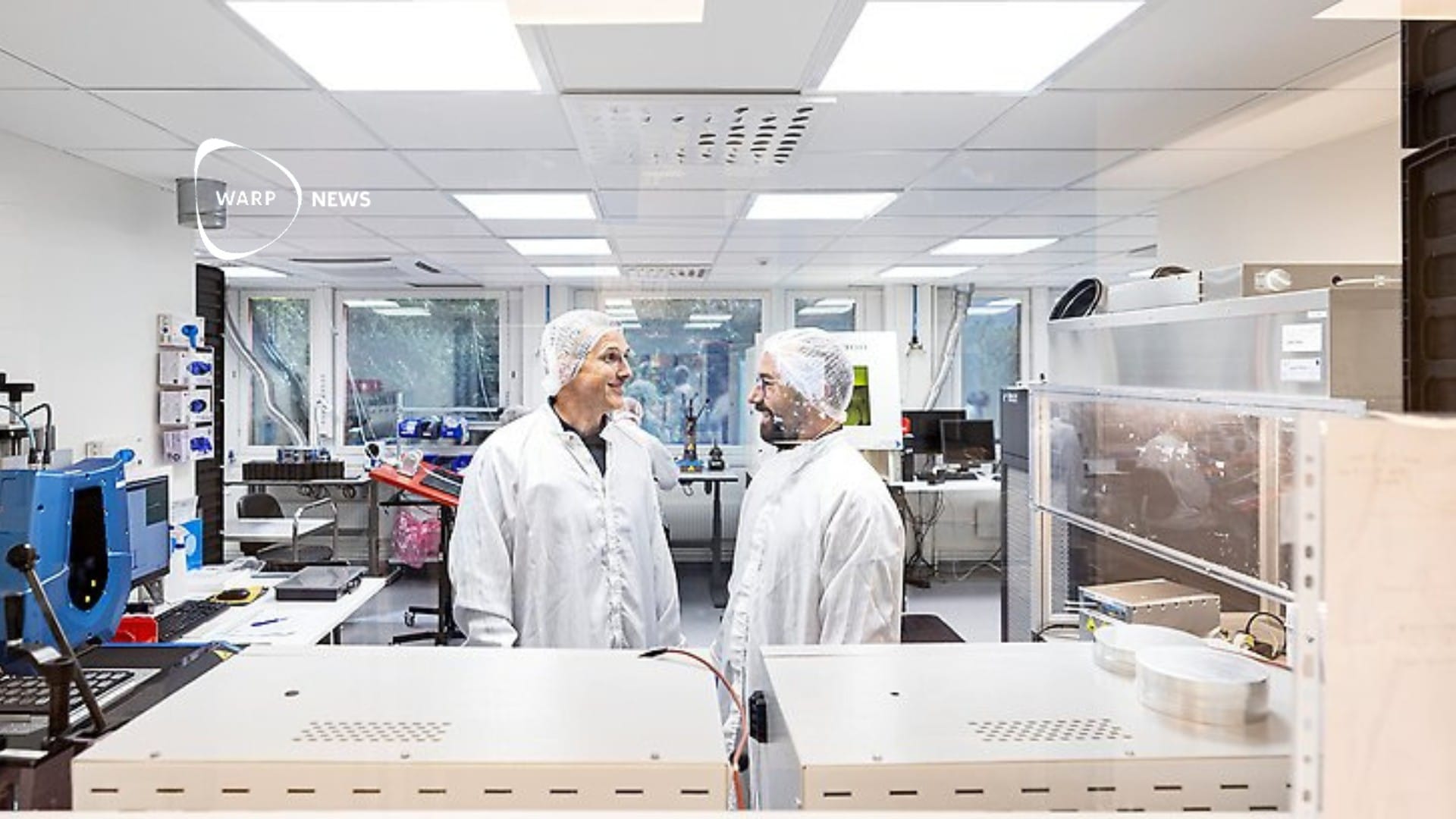
🧠 Artificial neurons could help us repair brain injuries using silicon
The goal is to make it possible to repair defective circuits that cause conditions like heart failure and sleep apnea, and could also potentially replace damaged nerves caused by spinal injuries or help connect robotic limbs to people’s nervous systems.
Share this story!
What if a brain injury could be repaired with a computer chip? The feasibility and reality of that may be sooner than we think. In a recent paper, a team reports that a "solid state neuron" that models behaviors of biological nerve cells has been created.
The devices could be plugged in to biological neural circuits to repair damage or disease. Historically, connecting our brains with computers has been frustratingly difficult. After all, both basically run on similar electrical impulses.
Alain Nogaret, project leader from the University of Bath in the UK explains the process, "Until now, neurons have been like black boxes, but we have managed to open the black box and peer inside. Our work is paradigm changing because it provides a robust method to reproduce the electrical properties of real neurons in minute detail."
One of the biggest hurdles has been that it is difficult to accurately replicate the behavior of neurons in silicon because the way the respond to stimuli is non-linear. For example, sending a precise signal strength to the silicon may or may not trigger a response of equal strength.
Nogaret's team solved that by collecting data from two types of rat neuron; one from the part of the brain that controls learning and memory, and the other from the respiratory center. From that data, they were able to create a model that explains how neurons respond to stimuli from other nerves. The model is then used to build silicon chips that can accurately replicate the behavior of real neurons.
The silicon chips were put through a series of 60 different stimulation tests and compared their responses to those seen in the rat neurons. The result was 94% accuracy for the silicon chips.
The researchers have already started a company called Ceryx to start developing a smart pacemaker that uses the bionic neurons to respond to signals rather than simply providing a steady beat like a regular pacemaker.
Their goal is to make it possible to repair defective circuits that cause conditions like heart failure and sleep apnea, and could also potentially replace damaged nerves caused by spinal injuries or help connect robotic limbs to people’s nervous systems.
This story was sourced from Singularity Hub
Image Credit: An artificial neuron in its protective casing. Photo courtesy of University of Bath
By becoming a premium supporter, you help in the creation and sharing of fact-based optimistic news all over the world.


